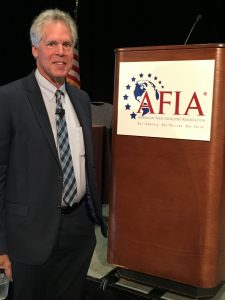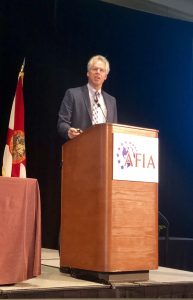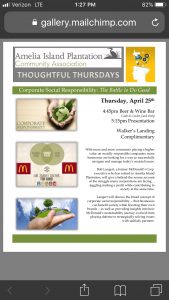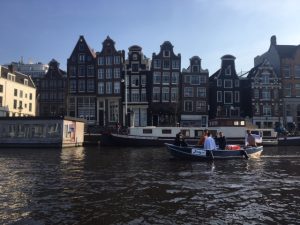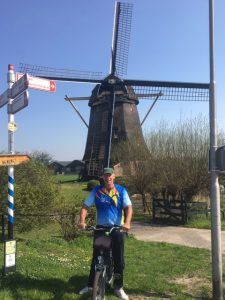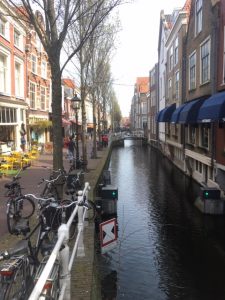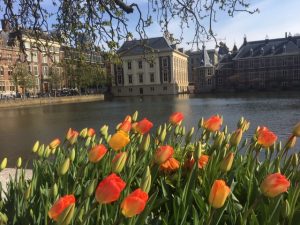I was so happy to see that Elizabeth Sturcken, Managing Director of the Environmental Defense Fund recommended my book in a recent interview with Josh Prigge and his Sustainable Nation podcast.
She was asked: “What is one book you would recommend sustainability professionals read?”
Elizabeth Sturcken’s answer:
“I recommend a brand new book that I just got. It was written by Bob Langert who ran sustainability at McDonald’s for years. It’s called The Battle to Do Good and it’s excellent. I heard that you interviewed Bob for this podcast so I’m putting a plug in for folks to listen to that podcast. Bob worked at McDonald’s for over 25 years and he was the person that EDF partnered with when we together created the model of corporate NGO partnerships. It really takes you through the journey of one person’s attempt to change a whole company and who he partnered with and how he did it.”

